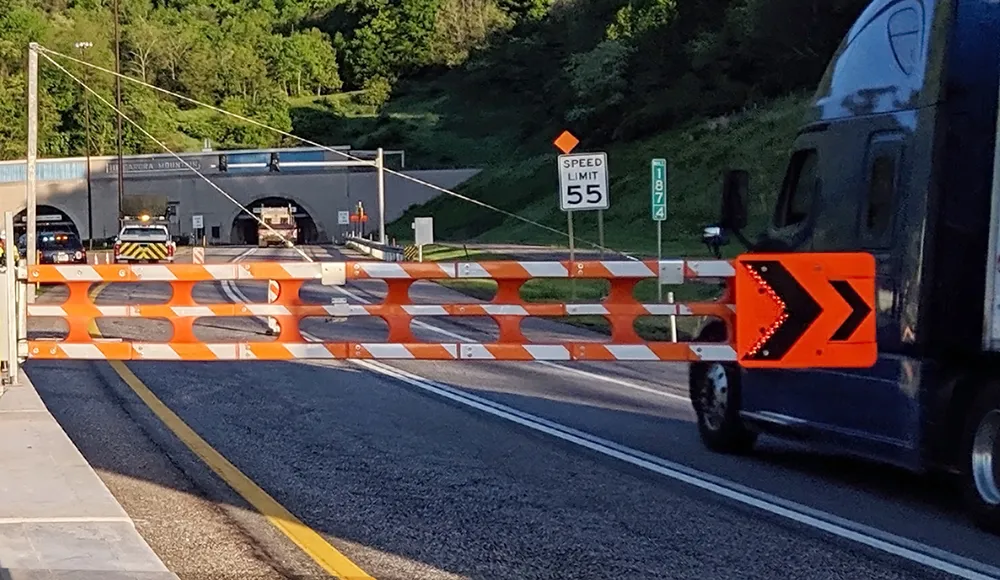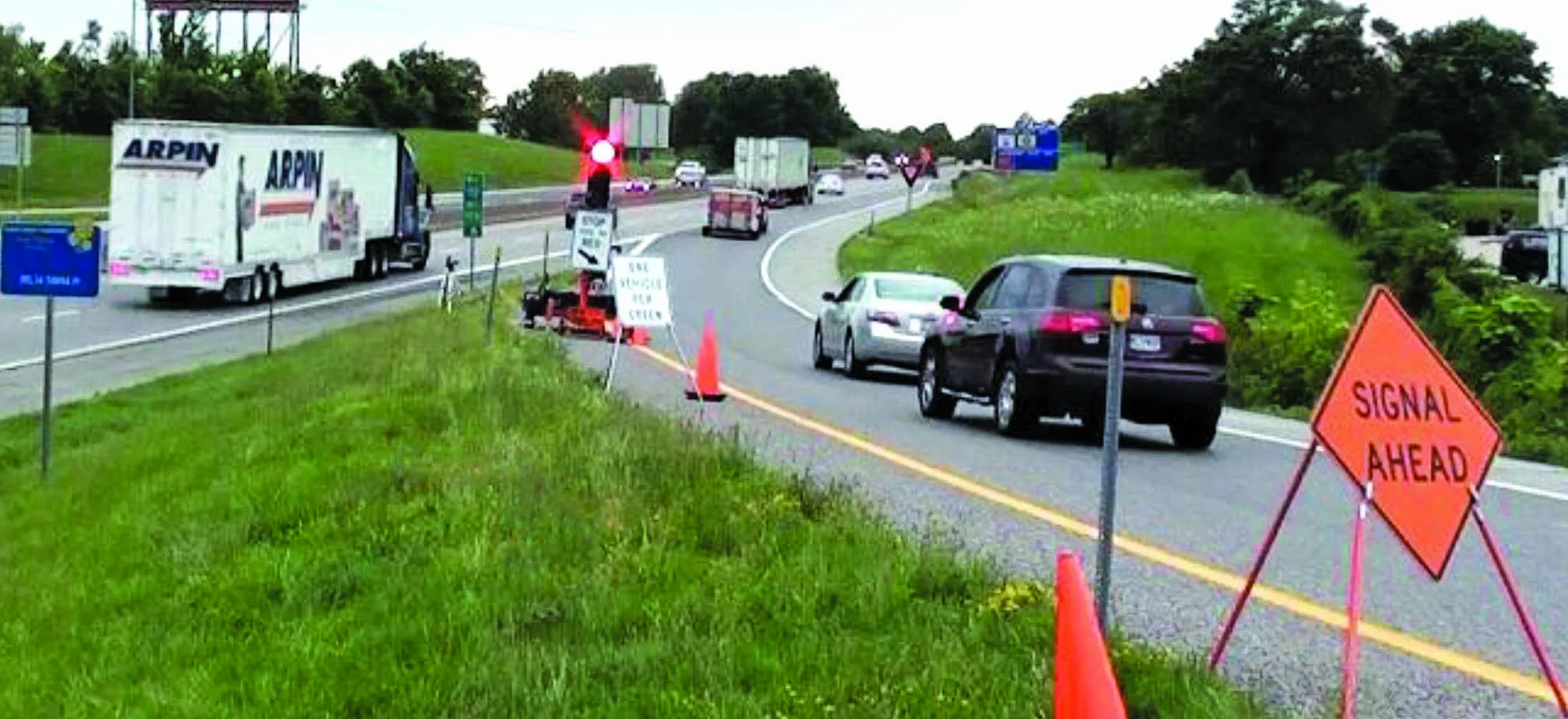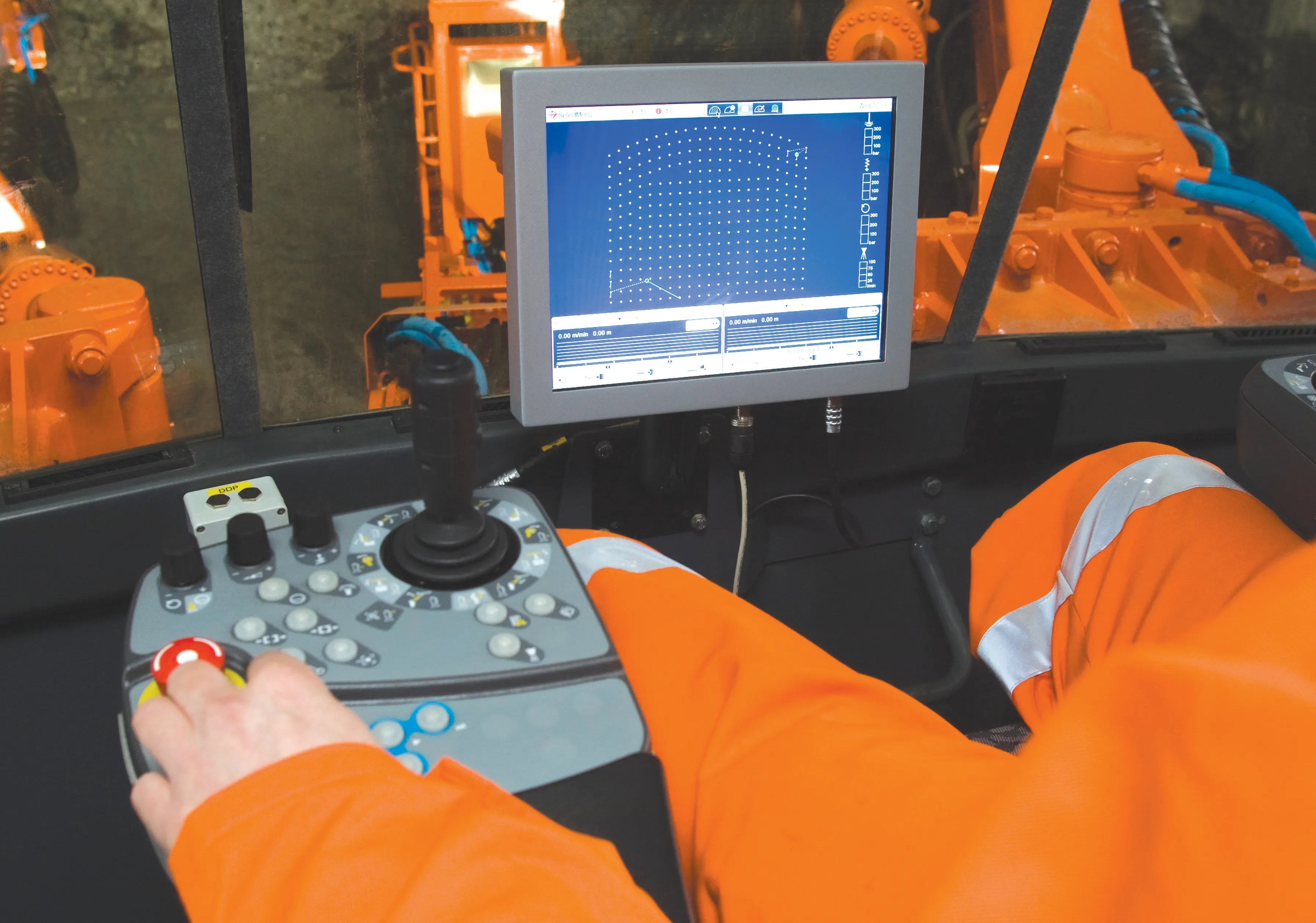
Tunnel closure using standard maintenance of traffic procedures can take up to 45 minutes or 90 minutes to open and close. This reduces the night-time work window. The solution was to install two series of SwiftGate HSG-18CW automated gate systems - 38 gates in all – to facilitate the lane shifts required as part of tunnel closures.
A taper of automated gates is deployed in less than five minutes. The gate system can be operated locally using the Versilis RF Handheld Remote Control or remotely using the Versilis web page. Full integration of the gates within the tunnel SCADA traffic management centre system is underway as part of another project. The Versilis SwiftGate HSG-18CW is crash-tested to NCHRP-350 requirements. Each gate has a very narrow mechanism footprint, allowing installation on a narrow median barrier wall.
Gate arms offer increased visibility in order to send a clear message to motorists that an access is closed. The Versilis communication hardware allows different operation and monitoring options as well as easy integration into a traffic management centre system using NTCIP protocol.








